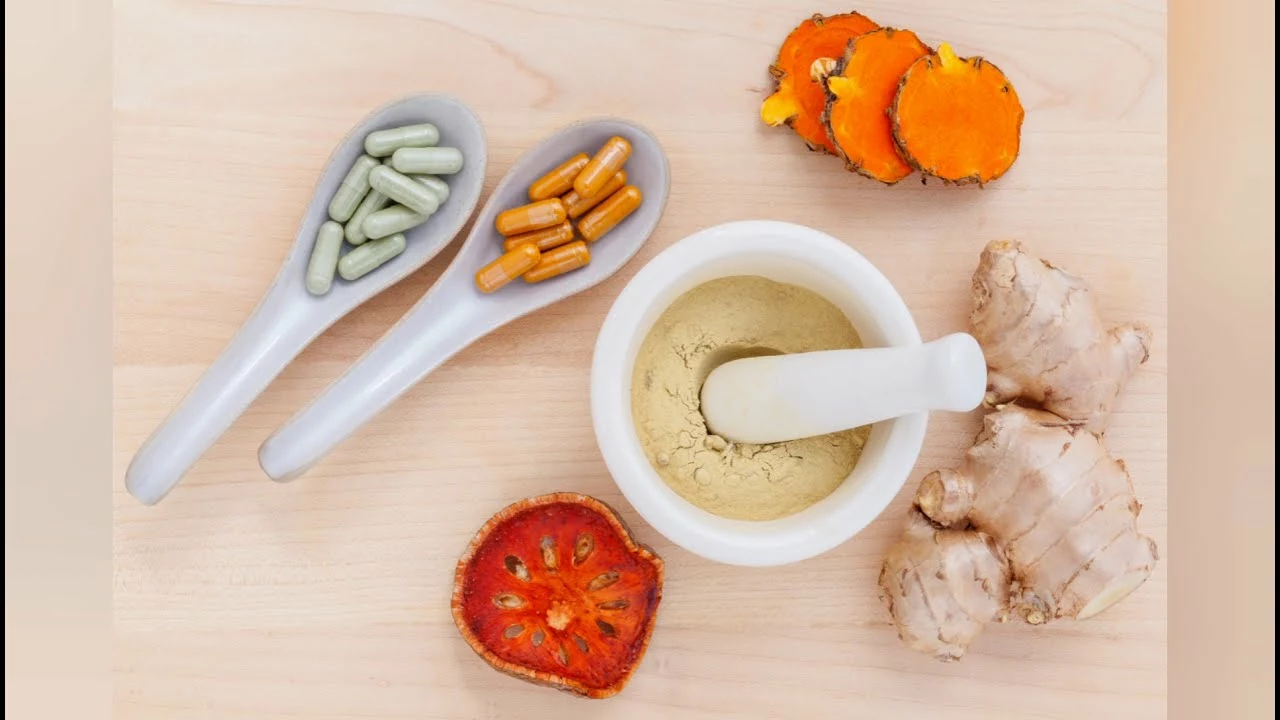Fig supplements: what they do and how to use them safely
Think figs are just a sweet snack? Fig supplements are showing up more often — as dried fruit packs, concentrated extracts, leaf teas, and capsule blends. People take them for fiber, digestive support, bone minerals and antioxidants. This page gives clear, practical advice so you can pick the right form and use it without surprises.
What fig supplements actually contain
Figs pack a few useful nutrients. Dried figs are high in fiber and natural sugars, and they bring potassium, small amounts of calcium and magnesium, plus plant compounds with antioxidant activity. Fig leaf extracts (sold as tea or capsules) are different — they focus on bioactive leaf compounds rather than fruit sugars. Manufacturers may standardize extracts for a specific marker, so check labels if you want consistent dosing.
How that helps: the fiber in whole or dried figs can ease mild constipation and support regular stools. Potassium helps with electrolyte balance. Antioxidants may assist general cell health, though supplements aren’t a cure-all.
How to choose and use fig supplements
Pick the form that fits your goal. Want fiber and a healthy snack? Choose whole or dried figs with no added sugar. Want a low-sugar option or a concentrated plant compound? Look for standardized fig leaf or fruit extracts in capsules or tinctures.
Buying tips: read labels. Avoid products with added syrups or artificial colors. For extracts, prefer third-party testing (look for USP, NSF, or a lab COA). Start with the low end of the recommended dose on the label. If you’re using dried figs for fiber, 2–4 figs a day is a common, gentle amount — increase slowly so your gut can adjust.
Be careful if you have health conditions or take medicines. Dried figs are high in natural sugars, so people with diabetes should count them in their carb intake. Fig leaf extracts may affect blood sugar, so combining them with diabetes medication could lower glucose more than expected. Dried figs are also high in potassium; if you’re on potassium-sparing medicines or ACE inhibitors, check with your clinician.
Watch for side effects: eating a lot of figs can cause gas or loose stools because of the fiber and certain sugars. Allergic reactions are rare but possible — if you have a latex allergy, you may react to figs. Pregnant or breastfeeding? Talk with your doctor before taking fig leaf extracts or high-dose supplements.
Final practical note: supplements vary a lot in quality. If you want the nutrients, whole or dried figs are a simple, affordable option. If you aim for a specific extract benefit, choose a reputable brand with clear dosing, third-party verification, and a visible ingredient list. When in doubt, check with your healthcare provider — especially if you take meds or have chronic health issues.

Fig-uring Out Your Health: The Surprising Benefits of Fig Dietary Supplements
- 17 Comments
- Jun, 12 2023
I recently discovered the amazing benefits of fig dietary supplements and I just had to share it with you all! Not only do figs taste delicious, but they're also packed with essential nutrients like fiber, calcium, and potassium. I've learned that incorporating fig supplements into my diet has the potential to boost my digestive health, strengthen my bones, and even help with weight management. I'm loving the positive impact these fig supplements are having on my overall health and well-being. Give them a try and see the difference for yourself!




